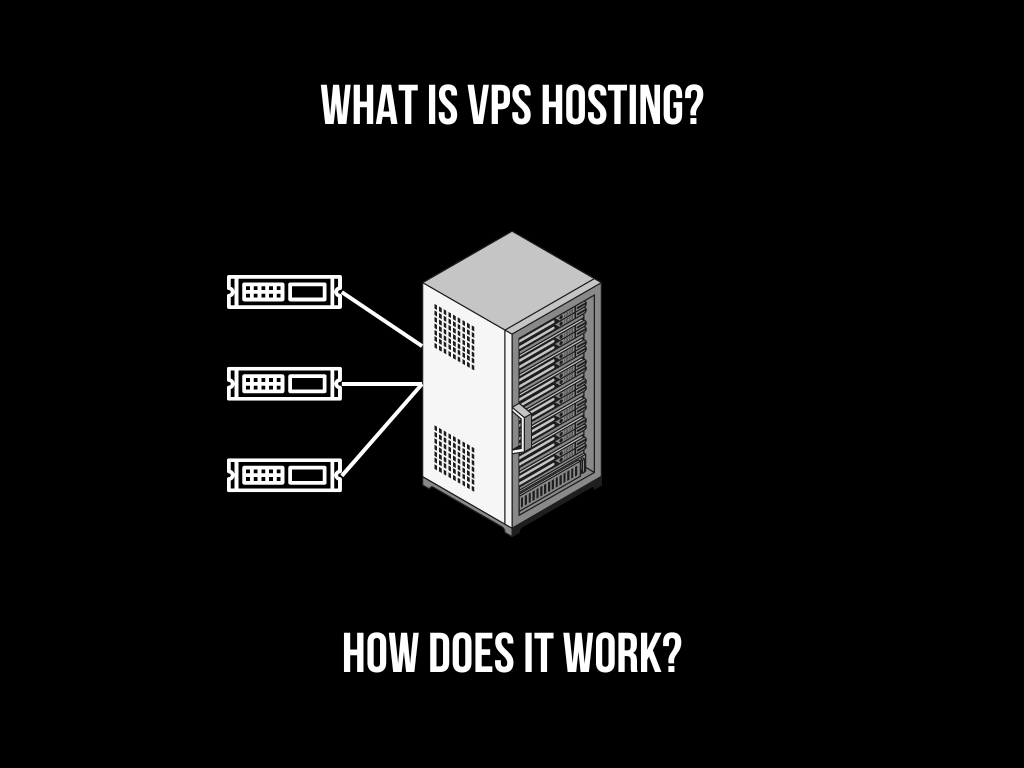Introduction
In the realm of web hosting, Virtual Private Server (VPS) hosting stands as a versatile and robust solution that bridges the gap between shared hosting and dedicated servers. With its unique blend of affordability, performance and customization options, VPS hosting empowers individuals and businesses to elevate their online presence with ease. Let’s delve into the world of VPS hosting, exploring its benefits and mechanics.
Understanding VPS Hosting
VPS hosting operates on a virtualized server environment where multiple isolated virtual instances are created on a single physical server. Each VPS functions as an independent server with its own dedicated resources, including CPU, RAM, storage and bandwidth. This isolation provides users with enhanced control, security and performance compared to shared hosting environments.
Benefits of VPS Hosting
- Enhanced Performance: Unlike shared hosting, where resources are shared among multiple users, VPS hosting guarantees dedicated resources for each virtual instance. This ensures consistent performance and minimizes the risk of resource contention, allowing websites to handle higher traffic volumes and complex applications more efficiently.
- Scalability and Flexibility: VPS hosting offers scalability that surpasses shared hosting, allowing users to easily upgrade or downgrade their resources as needed. Whether it’s increasing RAM to accommodate growing traffic or adding storage for expanding website data, users have the flexibility to tailer their hosting environment to meet evolving requirements.
- Root Access and Customization: With VPS Hosting, users typically have root access to their virtual server, granting them full control over server configurations and software installations. This level of customization empowers users to optimize their server environment for specific applications, implement security measures and fine-tine performance settings according to their preferences.
- Improved Security: VPS hosting provides a higher level of security compared to shared hosting, thanks to the isolation of virtual instances. Each VPS operates independently of others, minimizing the risk of security breaches or unauthorized access. Users can implement robust security measures such as firewalls, encryption and regular software updates to fortify their server against potential threats.
- Reliability and Stability: By virtue of its dedicated resources and isolated environment, VPS hosting offers greater reliability and stability compared to shared hosting. Users are less susceptible to performance fluctuations caused by neighboring websites, ensuring consistent uptime and responsiveness for their online asssets.
How VPS Hosting Works
- Virtualization Technology: VPS hosting relies on virtualization technology to partition a physical server into multiple virtual instances. Each VPS operates independently with its own operating system, applications and resources, effectively simulating the environment of a dedicated server.
- Resource Allocation: When a user subscribes to a VPS hosting plan, they are allocated a specific amount of CPU, RAM, storage and bandwidth based on their chosen configuration. These resources are dedicated solely to the user’s virtual server, ensuring optimal performance and reliability.
- Isolation and Security: Each VPS is isolated from other virtual instances on the same physical server, providing a secure and private hosting environment. Users have exclusive access to their virtual server and can implement security measures tailored to their specific needs, such as firewall rules, access controls, and intrusion detection systems.
- Management and Control: VPS hosting providers offer control panels or management interfaces that allow users to manage their virtual servers efficiently. From these interfaces, users can perform tasks such as server reboots, resource monitoring, software installations, and backups, all with the flexibility and convenience of remote access.
- Scalability and Upgrades: As website requirements evolve, users can easily scale their VPS hosting resources to accommodate growth. Providers offer flexible upgrade options that allow users to increase CPU, RAM, storage, and bandwidth allocations with minimal disruption to their operations.
Conclusion
In summary, VPS hosting represents a powerful solution for users seeking enhanced performance, control, and scalability for their websites and applications. By harnessing the capabilities of virtualization technology, VPS hosting delivers the reliability, security, and flexibility necessary to support the diverse needs of modern online businesses and ventures.


Leave a Reply